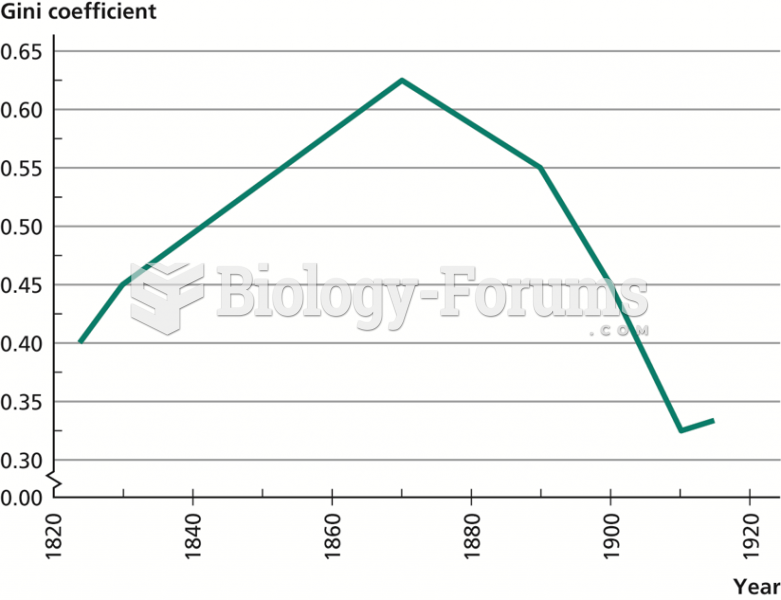|
|
|
Glaucoma is a leading cause of blindness. As of yet, there is no cure. Everyone is at risk, and there may be no warning signs. It is six to eight times more common in African Americans than in whites. The best and most effective way to detect glaucoma is to receive a dilated eye examination.
Common abbreviations that cause medication errors include U (unit), mg (milligram), QD (every day), SC (subcutaneous), TIW (three times per week), D/C (discharge or discontinue), HS (at bedtime or "hours of sleep"), cc (cubic centimeters), and AU (each ear).
Aspirin is the most widely used drug in the world. It has even been recognized as such by the Guinness Book of World Records.
After a vasectomy, it takes about 12 ejaculations to clear out sperm that were already beyond the blocked area.
Illicit drug use costs the United States approximately $181 billion every year.







